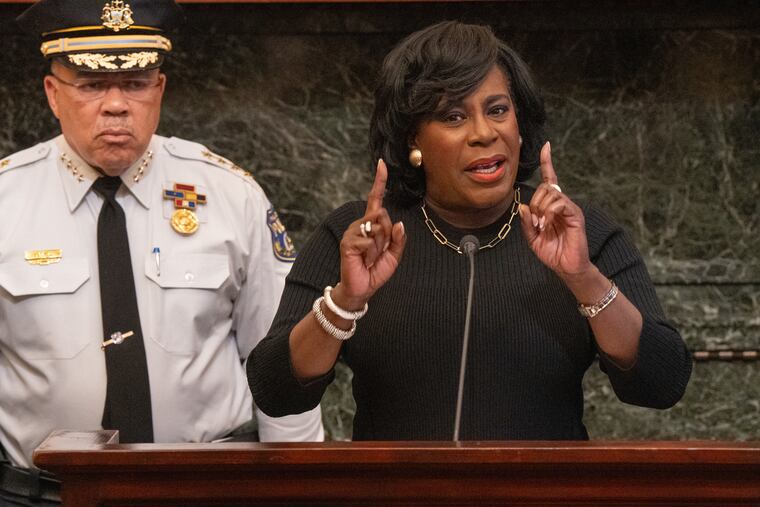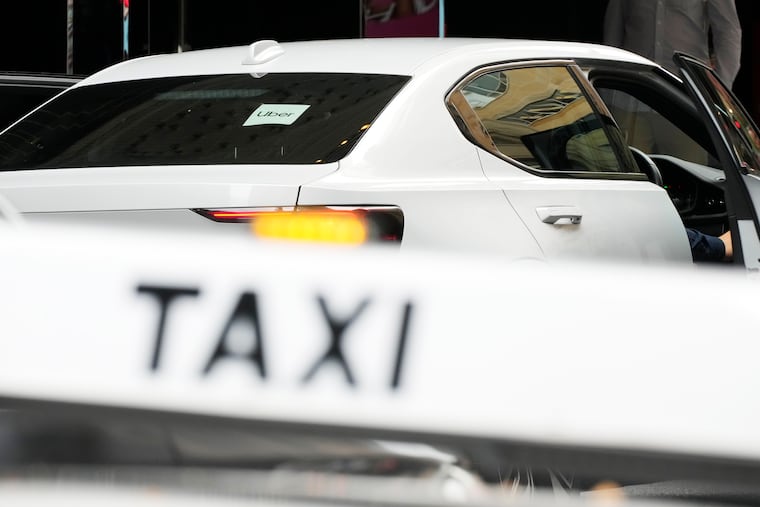Adams to lift ban to support the integrity of the free press.
In a democratic society, the delicate relationship between government and the press is indispensable for ensuring transparency and accountability. Amid concerns over press freedom, New York Mayor Eric Adams recently took a controversial step by announcing a ban on Daily News reporter Chris Sommerfeldt from attending future press briefings at City Hall. This decision arose after Sommerfeldt posed a question without being called on by the mayor during a press conference, an act which Adams deemed inappropriate. This action has prompted significant legal and ethical discussions regarding the boundaries of press access and government conduct.
The legal team representing the Daily News quickly responded, asserting that the mayor’s ban lacks legal validity and contravenes both the First Amendment and the Fourteenth Amendment. In an age characterized by rampant misinformation propagated on social media, the role of a free, independent press becomes even more critical. It is incumbent upon journalists, such as Sommerfeldt, to seek answers, ask tough questions, and report the truth to the public.
The mayor’s approach to managing interactions with media representatives raises important questions about press conduct and governmental limits. It is not unusual for journalists to challenge public officials, and it has long been recognized that mayors and other public figures may not always appreciate the inquiries posed by the press. However, the fundamental principle remains: government officials cannot selectively determine which journalists are permitted to cover them. Ultimately, the strength of a democracy lies in the safeguarding of press freedoms, ensuring that journalists have the autonomy to engage in their work without undue interference.
Historically, New York’s mayors have managed often difficult relationships with the press corps, fostering a culture where direct questioning and critique were the norm. Yet, Mayor Adams appears to prefer a more structured approach, where reporters are expected to raise their hands before speaking, a departure from the more spontaneous querying typical of previous administrations.
Sommerfeldt’s recent experience reflects a growing concern among journalists regarding access to public officials. Excluded from questioning for several months, he attempted to bring attention to the upcoming November elections but was subsequently reprimanded by Adams. The mayor’s decision to ban Sommerfeldt from future briefings, declaring he would not be welcomed back, was met with disapproval from many in the media who underline the importance of a free and unimpeded press.
As New Yorkers look toward the next press briefing, there is hope that all journalists, including Sommerfeldt, will have the opportunity to engage freely in dialogue with the mayor. The responsibilities of public officials include addressing the questions posed by the press, regardless of their nature. The essence of effective governance lies in the ability to confront scrutiny and uphold the right to inquiry—an integral facet of a functioning democracy.
Media News Source underscores the significance of ensuring that all voices in the press can interact with government entities, reaffirming that the questions posed by journalists hold as much importance as the answers provided by elected officials.







